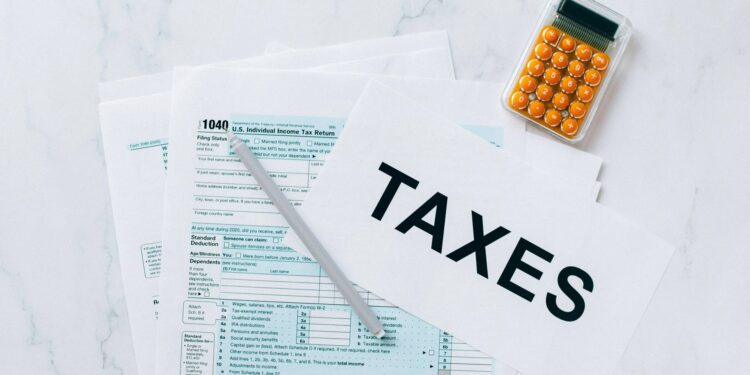UK Chancellor of the Exchequer (treasury secretary) Rachel Reeves is C Officials from the Treasury have recommended that lowering the existing 40 percent tax relief for higher earners would disproportionately affect public sector employees like teachers and nurses. A high-ranking government official remarked that it would be “insanity” to impose higher taxes on public sector staff following a recent pay increase.
Reeves has acknowledged that there will be tax hikes during Labour’s initial term but is reassessing some of her earlier proposals. The government will take into account the effects on public sector workers while deliberating changes. She is confronted with the task of generating £16 billion in taxes to remedy what she has termed a “black hole” in public finances.
Proposed modifications include alterations to capital gains tax and the closure of loopholes in inheritance tax. Although the adjustments to pension tax relief appear to be paused, there are ongoing explorations into other potential revenue-generating reforms related to pensions.
Reeves re-evaluating pension taxation approach
Considered changes involve lowering the tax-free withdrawal limits from pension pots upon retirement and modifying the provisions that allow some individuals to transfer their remaining pension funds tax-free after passing. Steve Webb, a former pensions minister, cautioned that if these modifications proceed, public sector workers could face an additional 20 percent tax on certain earning segments, potentially resulting in significant annual losses. Such actions could provoke discontent among public sector unions shortly after recent settlement agreements were reached.
Unions have indicated to the Treasury that this action might be interpreted as Reeves “retrieving” the funds recently provided to public sector workers via pay increases. Vishal Sharma, chair of the BMA pensions committee, raised alarms that these actions could undermine recent wage hikes and might reignite salary disputes within the NHS. Additionally, these potential alterations would impact numerous private sector employees, leading to increased tax burdens on current pension contributions.
David Sturrock, a senior research economist at the IFS, noted that this would effectively result in double taxation. A spokesperson for the Treasury stated: “We do not provide commentary on budget rumors.”


